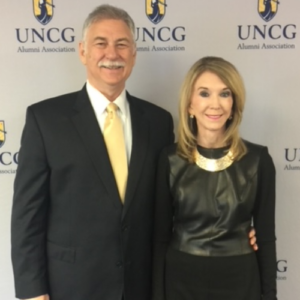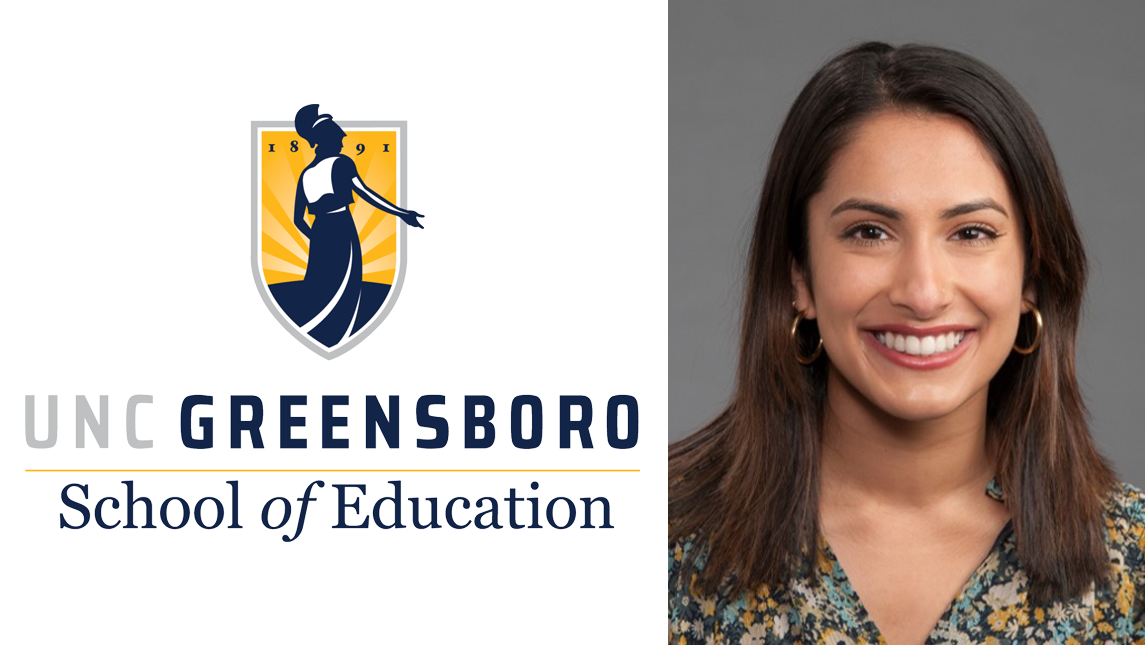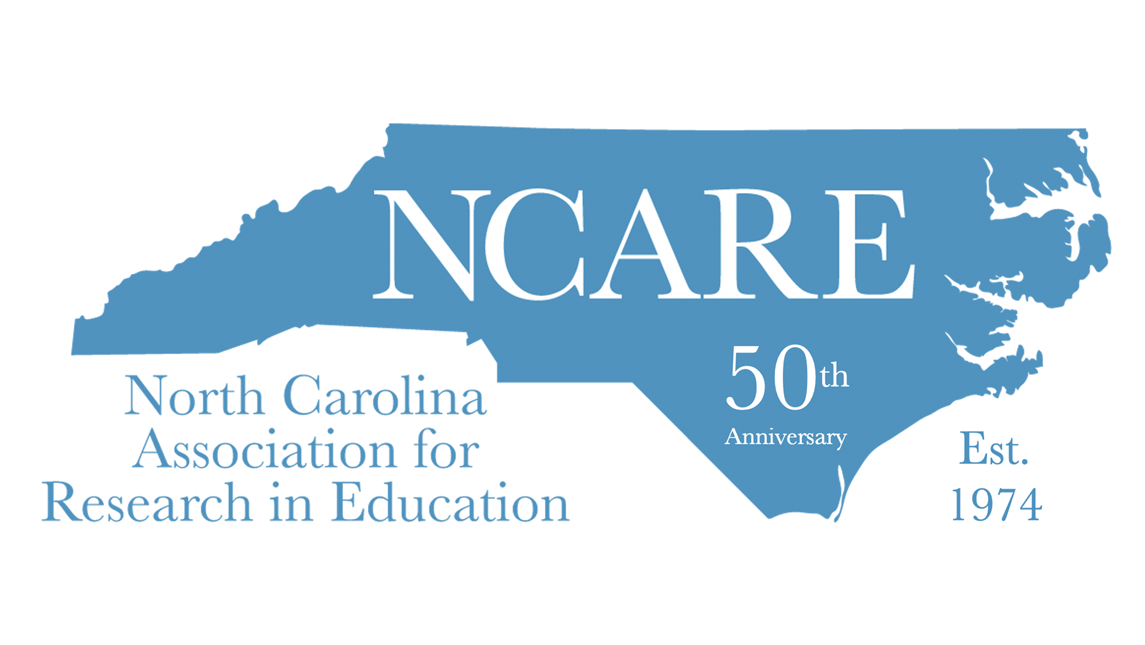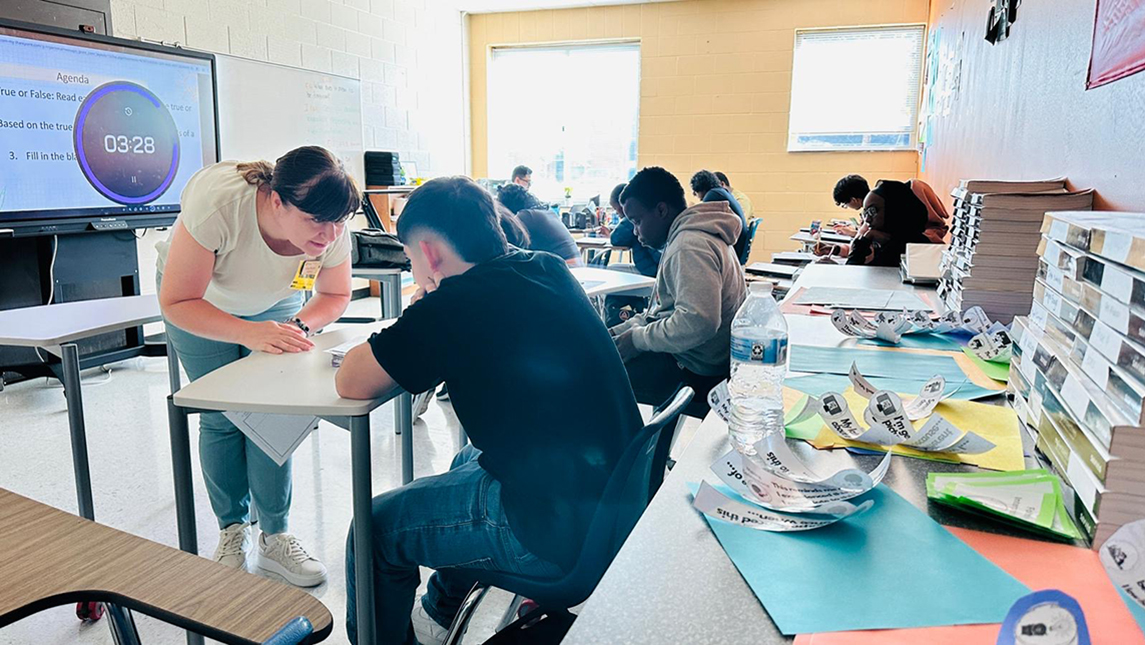The Paula and Rick Short Endowed Fellowship in Education was established in the spring of 2023. The second recipient of this honor is Department of Counseling and Educational Development doctoral student Sara Ahmed.
Ahmed is currently a licensed clinical mental health counselor and addiction specialist who works at Atrium Health Wake Forest Baptist. In that role, she is part of a team that works to improve patient care and recovery through mental health support, screening, intervention, and referrals for treatment.
Ahmed is studying the implementation and evaluation of a mental-health focused harm-reduction training program within a hospital setting. Her research aims to assess the acceptability and knowledge of harm-reduction strategies among various healthcare providers to inform the development of more trauma-informed and patient-centered interventions for those with substance use disorders.
Ahmed said, “The traditional model of mental health counseling, centered on individual therapy sessions, has evolved significantly. Contemporary counselors often find themselves integrated into diverse medical settings, including primary care, oncology, and inpatient hospital care. My experience working in a Level 1 trauma center has inspired my work for strong interdisciplinary and multiprofessional care for patients navigating substance use disorder.”
She has identified a growing demand for brief, focused interventions, such as those commonly employed in hospitals, and aims for her research to expound on current findings. That would allow the work that mental health counselors do to be shared among the larger medical community.
She said, “The main goal is to learn from one another – healthcare providers in the hospital have asked members of my team to come and wave our ‘magic wand’ to help them connect with a patient navigating their relationship with substances. Our ‘magic wand’ is often the core counseling skills coupled with harm reduction principles: radical acceptance, empathy, congruence, unconditional positive regard, and meeting people where they are. Unfortunately, the social stigma surrounding substance use can impede help-seeking behaviors and negatively impact treatment outcomes in the hospital setting. Ultimately, my goal is to mitigate this stigma by training providers in harm reduction, a person-centered approach that prioritizes empathy and acceptance.”
Receiving the Short Fellowship will assist Ahmed by providing funds for creating a training program and manual, as well as to provide compensation to hospital providers who will participate in the study.

Ahmed said, “The financial support would allow me to advance my research and clinical footprint by bolstering professional development opportunities; eventually developing a larger network of community activists, leaders, and trauma-informed helping professionals. This fellowship will support my goals to continue to work with hospitals to identify innovations that will benefit all community members involved and most importantly, promote patient wellbeing.”
The Paula and Rick Short Endowed Fellowship in Education was created to allow master’s or doctoral students in the School of Education to pursue an innovation project that addresses a real-world problem of practice in education. The award will be presented on an annual basis and will provide funds that may be used to support innovation efforts. Recipients of the award will work closely with the School of Education’s Impact Through Innovation (ITI) program which will lend support to the development and implementation of their ideas.
Being selected to receive this honor is meaningful to Ahmed who said, “To me, education is a creative, community-oriented, and collaborative process that involves thinking outside the box. Receiving the Short Fellowship allows me to use innovative techniques and strong mentorship to conduct my research in order to make a positive impact on my community.”
Ahmed’s experiences at UNC Greensboro have taught her to think critically about the workplace. She believes that those experiences have allowed her to “become a better counselor and researcher.”
She adds that she chose to attend UNCG because of “the strong mentorship of the faculty in my department. Through the help and mentorship of faculty members at UNCG, I have had the opportunity to pursue the work I am truly passionate about.”


